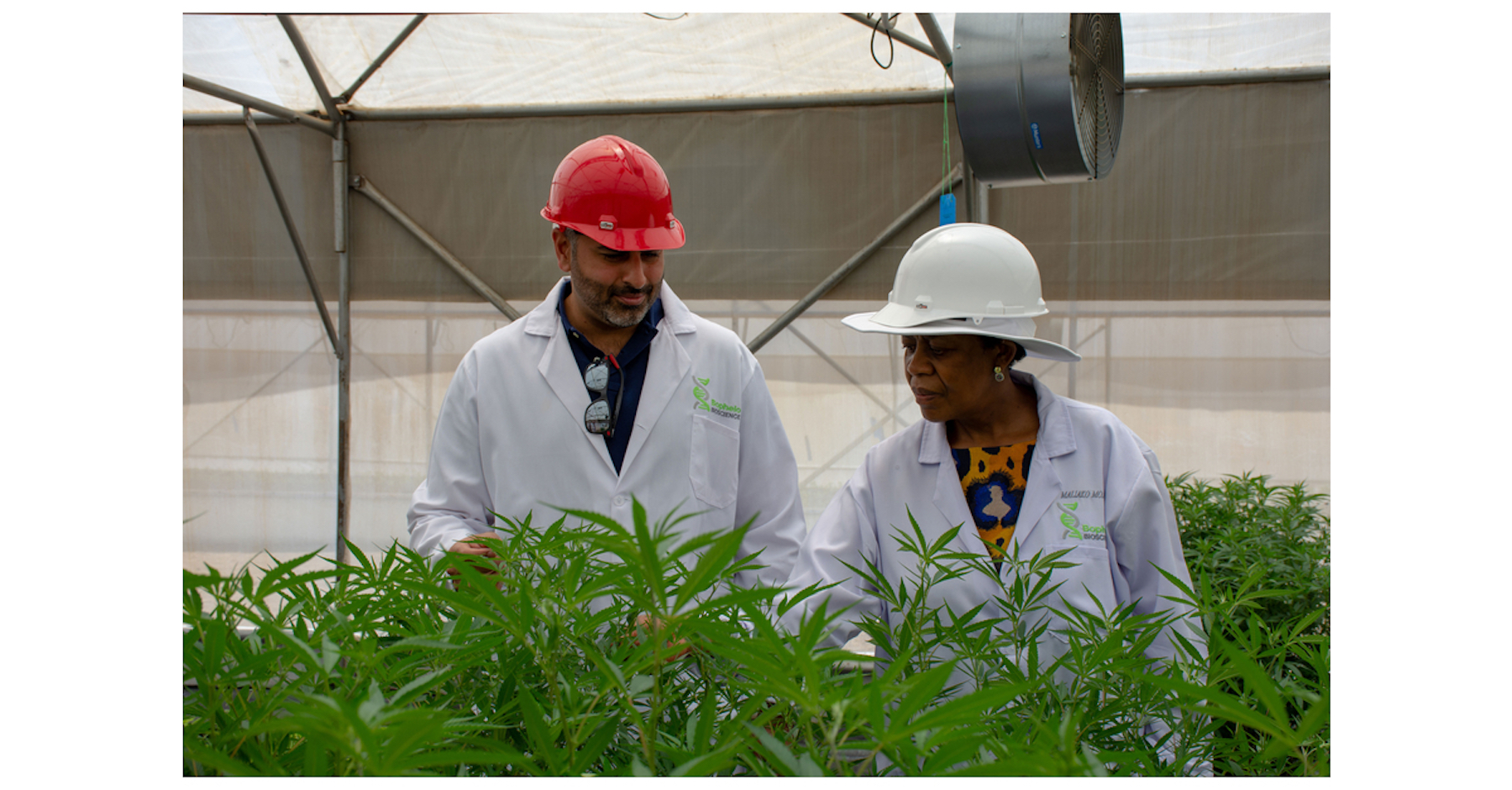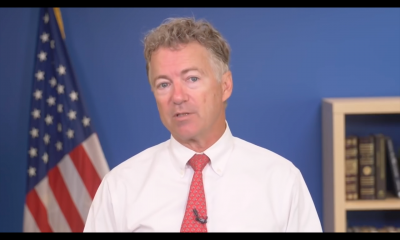Article originally published on BusinessCann
Bophelo Bioscience, the Akanda subsidiary that operates the company's main cultivation facilities in Lesotho, has been liquidated by the country's Supreme Court in what the company is saying is "retaliation" for Louisa Mojela, former executive director of Akanda, who will be displeased. Akanda is now struggling to reverse an “unauthorized” decision, recover lost loans and prevent the South African business from falling into complete insolvency.
The situation comes just weeks after the dramatic shareholder uprising at Akanda, which saw its entire board of directors, except CEO, Tej Virk, fired from the company.
Behind this recent development is pressure from investors (who have seen share prices drop nearly 90% since the beginning of May) to accelerate the company's path to profit, a task Virk told BusinessCann is now his focus. main.
Bophelo liquidation
On 15 July, Judge Mokhesi signed an order to place Bophelo into liquidation, following a request made by its former executive chairman, Louisa Mojela, and the Mophuti Matsoso Development Trust (MMD Trust), which she founded.
Akanda acquired Bophelo in July last year as part of a share purchase agreement with multinational cannabis company Halo, which owns a 40% stake in Akanda. Bophelo, which owns the group's South African growing facility, began trading in 2018 and its development has been a major focus for Akanda since its public listing on the NASDAQ in March.
According to Akanda, Mojela, who was fired from the company on June 23 due to the renewal of the board, submitted the application “without the prior authorization, knowledge or consent of Akanda”. This extraordinary move, according to Virk, reflects his "efforts to retaliate against the company in response to his dismissal and removal from Akanda's board of directors."
“It is regrettable that Ms. Mojela takes the extraordinary and significant action of seeking to have Bophelo declared insolvent without consulting or obtaining consent from the Board of Directors or the senior management team of Akanda, which is the beneficial owner of 100% of Bophelo's shareholdings, or even the full Board of Directors of Bophelo itself”, he said.
Bophelo's 200-hectare campus, including a 5,6-hectare site, is leased to MMD Trust, which is listed as having placed the order alongside Mojela.
BusinessCann has attempted to contact MMD Trust and Louisa Mojela, but has yet to receive any comments from either of them, while the MMD Trust website, as listed on Bophelo's investors page, is no longer active.
Now, the company is taking legal action in an effort to avoid the total loss of its Lesotho operations, and intends to convene a special committee to investigate Mojela's conduct.
In addition to filing legal action against its former employee, Akanda says it will “pursue all available legal rights” to reverse the liquidation, as it seeks to recover “significant loans it made to Bophelo” to fund its business plan. .
In an interview with Tej Virk, conducted prior to the developments in Lesotho, the CEO said that the millions in IPO funds that went into the development of the Bophelo facility were “put into action”. Tej explained that “capital is moving into the operation”, seeing the expansion of its outdoor and post-harvest growing capabilities and the “refinement of growing methods for greenhouses” taking place in Lesotho since March. . There was also “a lot of work in Lesotho” to review the company's systems to ensure that everything complies with European pharmaceutical standards.
While Akanda apparently has a lot to lose in Lesotho, Tej Virk sought to assuage investor concerns, stating that if the court's decision cannot be reversed, 'Akanda could actually experience considerable savings and greater profitability as a result. cost reduction and elimination of losses associated with Bophelo' operations. “Financially, the reality is that an Akanda without Bophelo is on a fast track to profit and positive flow.”
Path to profitability
It is understood that the recent revolt by Akanda's investors was directly driven by the former director's “lack of focus on profitability”, especially at Bophelo, under Mojela's guidance.
According to Virk, who says investors' decision to keep him alone as CEO and board member was a "vote of confidence" in his strategy, Akanda's main focus now is on accelerating its timeline to profitability.
“Now we are really in the midst of evaluating our strategy to focus on profitability… We are looking at our budgets in detail and are in close communication with our major stakeholders on how to do this even faster. If you look at the space, I think it's understandable that there is interest in focusing on seeing profitability. There are a lot of companies that have never achieved or maintained steady profitability and I think that's really the name of the game here.”
Its aim will now be to maximize the efficiency and profitability of its recently acquired business in Portugal, Holigen Limited, and to renew its focus on “UK and Europe”.
Initially, its new Portuguese operation had been launched as a 'hub', or 'connection point between Africa and the rest of Europe', allowing it to take control of a much larger part of its supply chain and 'keep more margin internally'.
While its usefulness as a hub for Bophelo to import products to Europe has been questioned, Holigen still has great value to Akanda as a producer of what the company has described as "recreational quality" cannabis.
According to Tej Virk, “there is a shortage of supply with regard to the quality that is being produced in our facilities” in Portugal, which includes “two tons of indoor cultivation capacity. premium".
“We are having flowers with THC levels between 25% and 28% and that in itself is scarce considering the GMP parameters of Europe”.
Akanda's largest US investor, Halo, also presents opportunities for this product within the US recreational market. “We have a very collaborative relationship with our shareholders and they can help open doors for brands, know-how and intellectual property in California. We are definitely taking advantage of this to develop our business in Europe. Therefore, we are evaluating different ideas and channels of downstream? Absolutely!” concludes Virk.








































